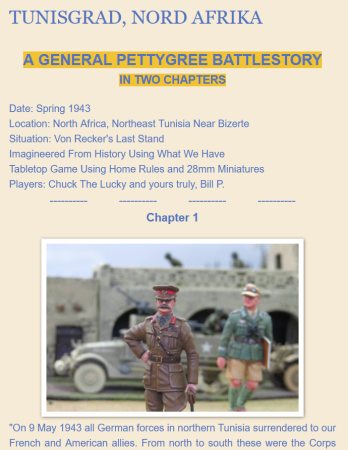
The Secret History of the U.S. Government's Investigations Into Extrasensory Perception and Psychokinesis
528 pages. 16 pages of black-and-white and color photos. Acknowledgments, index, notes, and bibliography.
Annie Jacobsen is an historian who writes popular books about controversial subjects. A previous title was a finalist for the 2016 Pulitzer Prize in history, which gives her more credibility than others writing in this field.
What she attempts to do in this book is to trace the U.S. government's attempts to use psychic powers for military and intelligence purposes.
At the end of WWII, both the U.S. government and the Soviet Union came into possession of paranormal research conducted by the Nazis. Cold War rivalry – and later, Chinese research – impelled the Americans to make sure they weren't missing anything significant.
One of the unique challenges of conducting paranormal research was that the scientific community was split on the subject: some had open minds, some had pro-psychic agendas, some lacked objectivity due to personal experiences or personal belief systems, and some were opposed to any research into what they considered superstition. On top of this, some politicians were reluctant to fund research into 'witchcraft'.
Efforts were made, in the U.S. and the Soviet Union, to classify psychic abilities in a way to make them appear scientific. To avoid associating with psychics, a training program was launched to teach psychic abilities to selected military personnel. When the best of the 'trained' personnel self-identified as a witch, however, it led to conflict within the psychic unit.
One reason for the military interest in psychic abilities was to see if average soldiers could benefit on the battlefield from some level of psychic training. (One of the 'trained' psychics had previously exhibited a gift for avoiding boobytraps and ambushes in Vietnam.) This line of research came to a halt after someone had a mental breakdown while attending a military-sponsored consciousness-raising event.
The primary interest, however, was in 'remote viewing' – that is, when an observer obtains information by viewing a distant location through psychic means. This was developed into 'coordinate viewing', where observers were given coordinates to a location and asked to view what was there. This might involve identifying what was happening at a foreign military base, searching for kidnap victims, or locating illegal drug shipments.
A similar technique was to use 'map dowsing' (like dowsing for water, but over a map) to locate hidden tunnels or other militarily significant targets.
The problem with remote viewing was that the observers produced a lot of information, but the signal-to-noise ratio was high – how to tell what was significant, and how to make it actionable in the required time frame?
Another problem arose in the rare cases where observers apparently viewed events before they happened. This was too close to witchcraft for some. It also raised a fundamental question: could any use come from abilities which could not be scientifically explained?
The government programs which the book deals with are no longer in operation. The author speculates that psychic research is ongoing but secret.
If you're reading this book to discover if psychic powers really exist, you might be disappointed – the author does a fair job of providing opposing views, as well as chronicling sloppy research, biased research, and fake psychics. The author does slip into advocacy in the final chapter, however.
Can you wargame it? For those implementing psi powers in their sci-fi games, this book gives examples of how the U.S. military/intelligence community desired to weaponize psychic abilities.
An interesting book. Also exposes institutional problems in the military/intelligence community.
Reviewed by ![]() Editor in Chief Bill
Editor in Chief Bill ![]()
![]() .
.









